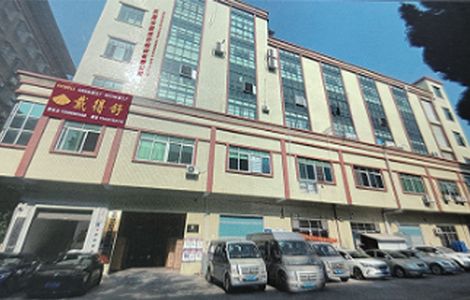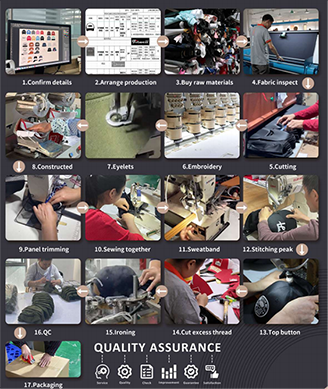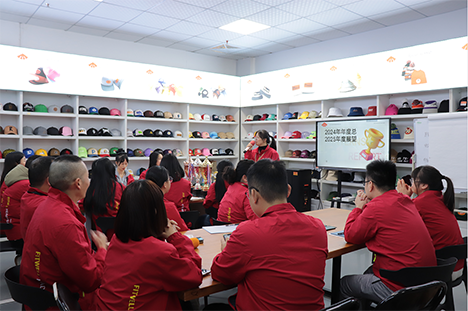
1.Foundation and Integration
Dongguan Fitwell Headwear & Bags Co., Ltd. was established in 2014 as a traditional enterprise integrating industrial production and trade. Rooted in Dongguan—a global manufacturing hub for textiles and apparel—the company initially focused on delivering high-quality headwear and bag solutions, leveraging the region’s robust supply chain and expertise in labor-intensive industries.

2.Embracing Digital Transformation
Facing developmental bottlenecks in 2016, Fitwell strategically expanded its sales channels by joining Alibaba’s international e-commerce platform. This move aligned with Dongguan’s broader push to help local enterprises embrace the "internet+" economy, a policy highlighted in the city’s 2013 industrial transformation plan. The shift marked Fitwell’s first step toward digital globalization.
3.Brand Building and Team Expansion
In 2017, Fitwell formed a dedicated business team and successfully registered its independent brand. This milestone reflected Dongguan’s industry-wide transition from OEM (original equipment manufacturing) to brand-centric operations, a trend accelerated by municipal initiatives to foster local brands and intellectual property development.
4.Sustainability and Structural Upgrades
The year 2020 saw Fitwell relocate to a larger facility, restructure departments with clear responsibilities, and obtain ‘’BSCI (Business Social Compliance Initiative)‘’ and ‘’GRS (Global Recycled Standard)‘’ certifications. These achievements underscored the company’s commitment to ethical production and circular economy principles, resonating with Dongguan’s emphasis on upgrading manufacturing through automation and sustainability. Notably, the city’s textile sector had already reduced labor dependency by adopting advanced technologies like computerized knitting machines, which improved efficiency by 80%.

5.Domestic and International Market Expansion
Capitalizing on China’s booming e-commerce market, Fitwell launched a flagship store on Tmall in 2021 while expanding its presence on global platforms. This dual strategy mirrored Dongguan’s efforts to balance domestic consumption growth with international trade, exemplified by local clusters like Humen’s "Taobao Factory" model, which integrated manufacturing with online retail.
6.Innovation Drives Growth
In 2024, Fitwell relocated to an even larger production base and diversified its product line with innovative designs and eco-friendly materials. This expansion aligned with Dongguan’s vision to build a "fashion industry aircraft carrier," uniting regional strengths in apparel, footwear, and accessories under a cohesive, high-value supply chain. The company’s evolution from a traditional manufacturer to a tech-savvy, sustainability-focused brand epitomized the city’s transformation into a global hub for advanced textile innovation

7.Looking Ahead
As Fitwell continues to thrive, it remains a testament to Dongguan’s industrial resilience and strategic foresight. By integrating cutting-edge technology, ethical practices, and market agility, the company is poised to lead the next wave of China’s fashion and manufacturing revolution.














